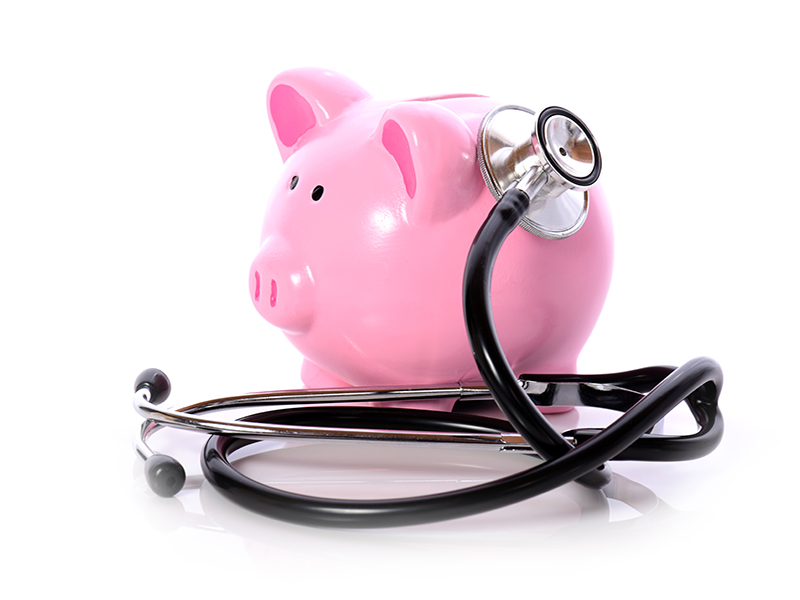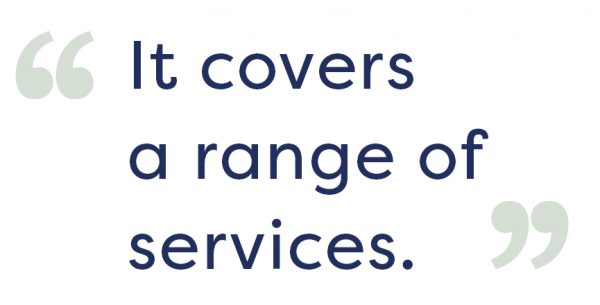Give your bank balance a health injection

If you’re on a lower income and struggling to afford healthcare, the NHS Low Income Scheme could be the medicine you need.
Even with all the free services available on the NHS, healthcare costs can really add up. For example, I probably spent approximately £5,379 on cough syrup alone last year.
If you’re on a lower income the costs – from eye tests to prescriptions and dental work – can be crippling. The problem is these costs keep popping up regardless of whether or not you can afford them, and the last thing you want is to be gambling on the health of you or your family.
Luckily, the NHS offers some extra support for lower income families, so read on to find out whether this scheme could be the medicine your bank balance needs.
What is the NHS Low Income Scheme?
The NHS Low Income Scheme gives a bit of extra financial support to people who still have to pay for certain services, such as prescriptions, but might be able to get full or partial help because they’re earning under a certain threshold.
What does it help with?
The scheme supports people across a whole range of different areas, including:
- NHS prescription charges
- NHS dental treatment charges
- The cost of sight tests, glasses and contact lenses
- The cost of travelling to receive NHS treatment
- NHS wigs and fabric supports (check with your hospital for their arrangements for supplying NHS wigs)
Can I apply?
Absolutely anyone can apply, although the scheme does take savings or investments over a certain amount into account.
It works out how much help you can get depending on your household income and outgoings. If you’re able to get support then your partner is too. If you’ve already paid for treatment, you can apply for a refund at the same time as you apply for the scheme.
To qualify, you or your partner (or both), can’t have more than:
- £16,000 in savings, investments or property (not including the place where you live)
- £23,250 in savings, investments or property if you live permanently in a care home (£24,000 if you live in Wales)
There are other criteria that might make you eligible for the help, for example, if you’re over 60 or under 16, so it’s definitely worth a look just to be sure.
Who doesn’t need to apply?
You don’t need to apply if you’re already entitled to full help with health costs. This means that you or your partner get:
- Income Support
- Income-based Jobseeker’s Allowance
- Income-related Employment and Support Allowance
- Pension Credit Guarantee Credit
- Universal Credit – if your earnings during your last complete assessment period were £435 or less, or £935 or less if you had a child element or had limited capability for work
You can also get the full help possible if you’re named on, or entitled to, an NHS tax credit exemption certificate.
Plus, if you have children under 20 included on your benefit or tax credit claim they can also get the same help.
You can find out more information and apply for the scheme online on the NHS Business Services Authority website.
For more advice, Onward customers can contact our Financial Inclusion team on 0300 555 0600 or drop us an email


